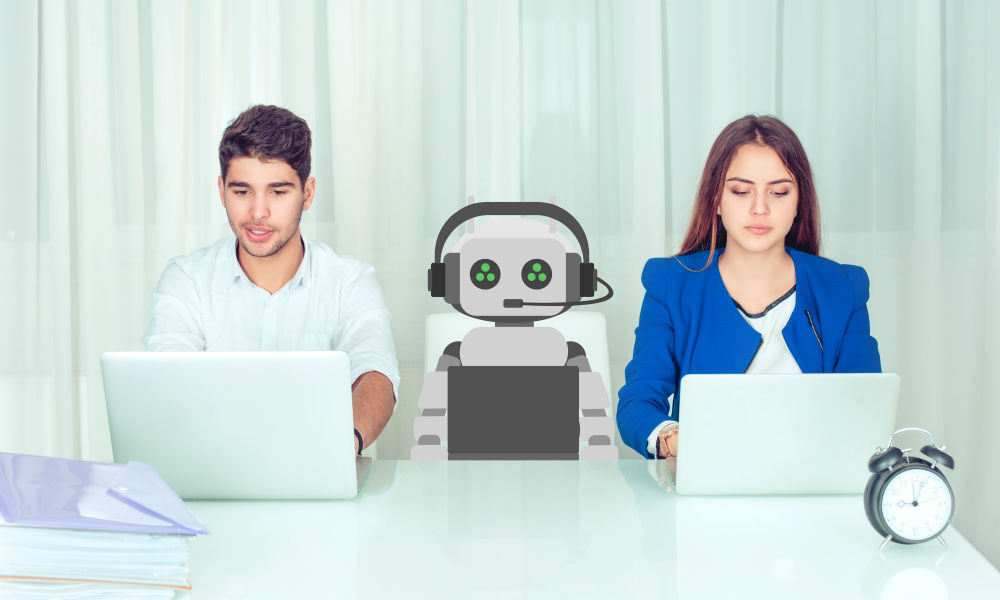
The age when humans and machines are attempting to work out how they relate and what their respective roles are in the working world is upon us. Most companies are incorporating some sort of AI or machine learning to improve productivity, increase efficiency, and in some cases cut costs. But where does that leave dedicated, hardworking human employees?
Recent research from McKinsey Global Institute indicates just how important harmony between AI and humans is moving forward in the workplace. When companies introduce machine learning and AI without explaining how they can complement, and not replace human workers, a stressful and fearful working environment is created that can have a number of negative consequences impacting productivity and workplace morale.
There is some good news in the findings, however, despite the inherently disruptive nature of technology. AI and machine learning are designed to help humans and make their lives, and jobs, easier. AI does just that in a number of job markets, handling repetitive and time-consuming tasks and freeing up humans to focus on more intricate and challenging tasks. This actually boosts human capital and allows workers to show off their advanced skills and reap rewards for their newfound roles.
Technology and machine learning also improve collaboration, thanks to apps like Slack and WebEx, that enable people to share ideas and videoconference globally. Collaboration boosts innovation, which reinforces job security among human workers. This works when it comes to hiring the right human talent as well, with AI doing much of the heavy lifting to sort through candidates and find the best match. According to McKinsey, talent-matching technologies can improve worker productivity while enabling savings of up to seven percent for recruiting, training and attrition costs. That’s an attractive prospect for employers and workers alike.
Ultimately, employers are responsible for facilitating the relationship between human workers and AI technologies. By educating employees about the many benefits of AI, and providing assurance that it will aid and complement workers instead of replacing them, employers can allay worker fears and facilitate a harmonious working environment in which humans and AI coexist happily.
For more information about how AI and automation are impacting employers, human workers and the workplace at large, TMC is hosting a Future of Work Expo in Fort Lauderdale, FL. The event, which will take place from February 12-14, 2020, will explore how AI and machine learning may be used to improve business communications, collaboration, sales and marketing and contact centers and customer service.
Edited by
Maurice Nagle